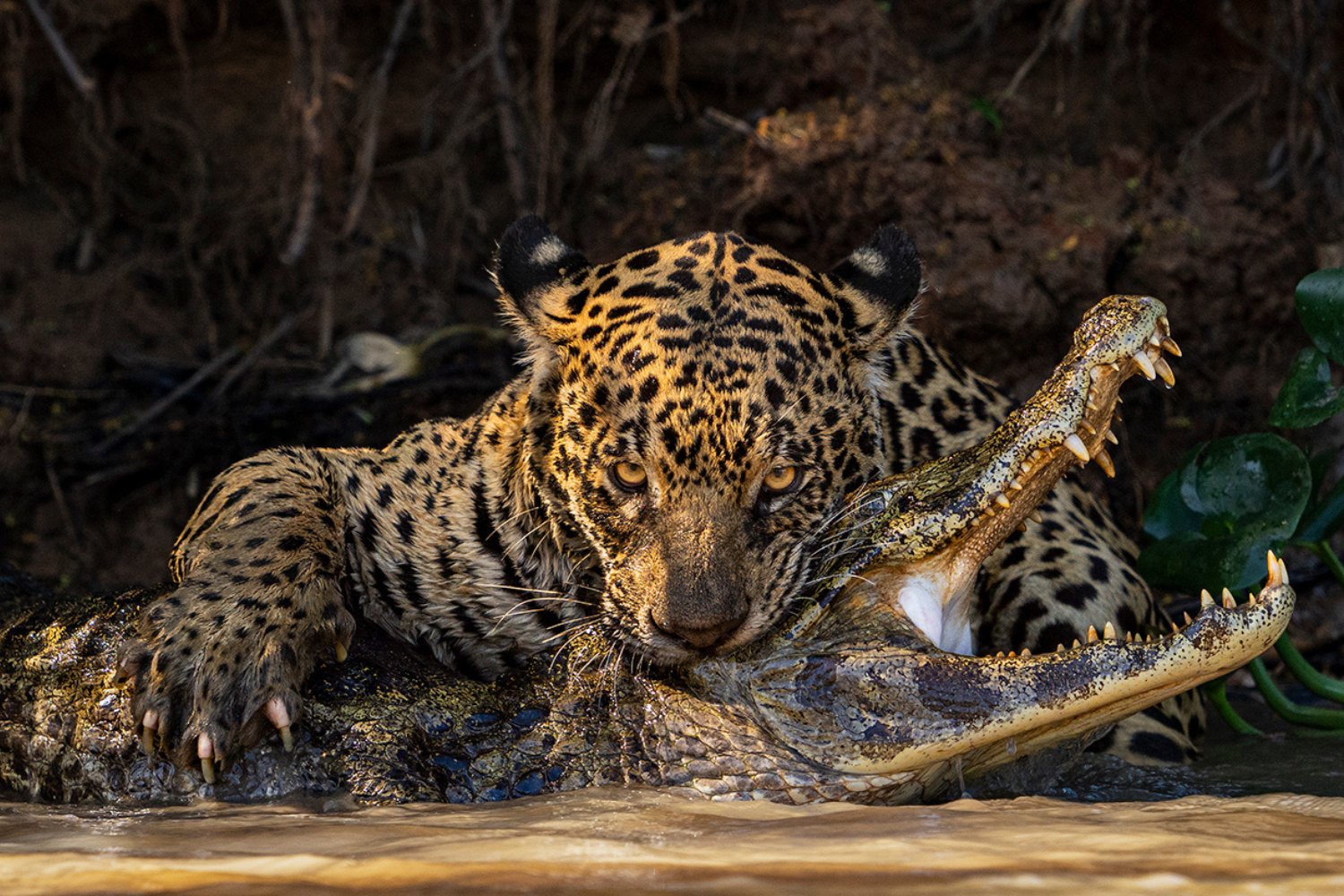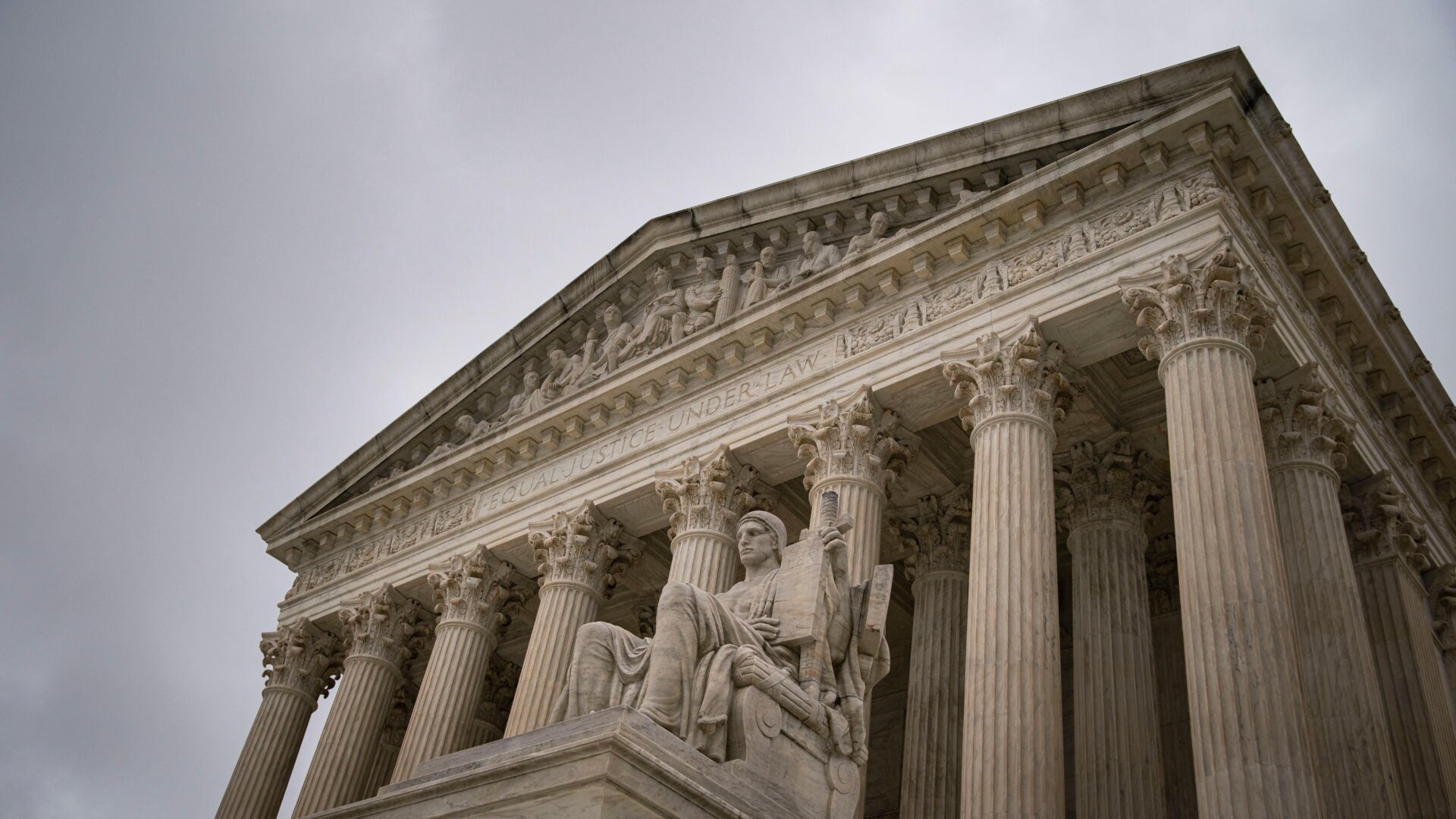Pablo Escobar’s hippos have a lawyer. And a good one at that. In a U.S. first, a court recognized the animals as legal persons. That could be the hippos’ salvation in the ongoing fight about what to do with one of the world’s most rotund and dangerous invasive species.
Three decades ago, drug kingpin and narcoterrorist Escobar smuggled dozens of animals, including elephants, ostriches, zebras, camels, giraffes, and hippopotamuses, into a zoo on his private ranch. When Colombia’s cops killed Escobar in 1993, they seized the ginormous estate, including the zoo. When they did, they shipped all of Escobar’s other creatures off to live in other zoos, save for his four hippos. Since they were so difficult to capture and presumed to not be an issue, they merely let them stay on the land.
All was well until the hippos started fucking. Now, there are up to 120 hippos roaming around Colombia, and they are considered one of the top invasive species in the world. Authorities have weighed a plan to kill the hippos off and on since 2009, and its recently gained steam.
Last July, Colombian attorney Luis Domingo Gómez Maldonado filed a lawsuit on the hippos’ behalf to save them from being euthanized. Instead, the case recommends sterilization. Colombian officials announced a plan to use a chemical contraceptive developed by the U.S. Agriculture Department to sterilize “the main group” of the hippos, and the region’s environmental agency Cornare began to implement the plan on Friday, darting 24 hippos. The suit, though, argues for the use of a different contraceptive drug, which it says is safer. And it also notes that the proposal to deal with the hippos could still leave the door open for some of them to be killed.
Months later, the U.S. animal advocacy organization Animal Legal Defense Fund filed a legal application to depose two Ohio-based wildlife experts who study nonsurgical sterilization to provide testimony on behalf of the plaintiffs—who, to be clear, are the hippos.
“The Colombian legal system can’t compel someone in the U.S. to provide testimony or to produce documents, but we have this federal law that allows interested persons in Colombia to go to the U.S. and obtain that ability to obtain documents and testimony.” Christopher Berry, the attorney overseeing the U.S. case who also serves as managing director at the Animal Legal Defense Fund, said. “So we applied for the hippos’ rights to compel their testimony in order to support the Colombian litigation, and now the [U.S. District Court for the Southern District of Ohio] has granted that application, recognizing that the hippos are interested persons.”
This may seem like a minor and incremental step in the hippos’ court proceedings. But the implications of this decision could be huge. In granting this application, the district court recognized animals as legal persons for the first time in U.S. history.
“It’s obvious that animals actually do have legal rights, for example, the right not to be cruelly abused or killed … but a legal right is only as valuable as one’s right to enforce that legal right,” said Berry. “The legal system doesn’t … have precedent for animals’ interests directly appearing in court. There’s no precedent for animals having a legal standing to enforce their own rights.”
The precedent could be an important step for other cases that hinge on animals having legal personhood, such as a lawsuit filed by the Florida-based animal civil rights organization Nonhuman Rights Project on behalf of an elephant at the Bronx Zoo in New York.
It’s true that the descendants of Escobar’s hippos are posing real problems. They’re eating massive quantities of foliage and thereby threatening the food supply for native species on the Magdalena River like otters, spectacled caimans, and turtles. The hippos’ voluminous poop (sorry) is also altering local waterways’ chemistry and oxygen levels, which can lead to algae blooms that sicken people and wildlife alike. The hippos have also been straight-up attacking people, chasing them around, and even seriously injuring one man in May 2020. And the creatures are continuing to procreate, too, with estimates from one group of scientists which were published in the journal Biological Conservation showing that there could be more than 1,400 hippos roaming the country by the end of the next decade.
But Berry said that killing the animals isn’t the just way to remedy the situation. “From the animals’ perspective, I think it’s clear that they would prefer to be sterilized rather than rather than euthanized,” he said.














